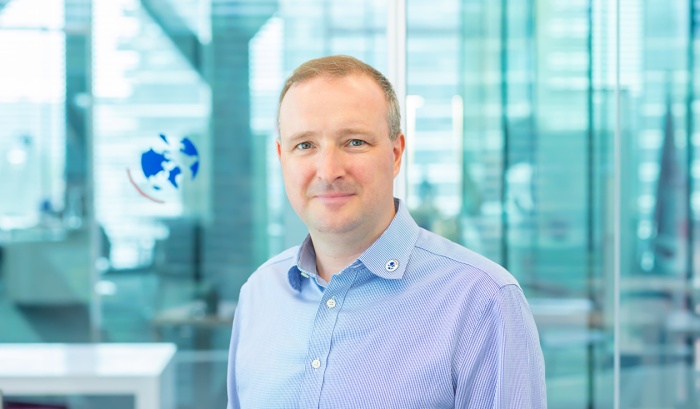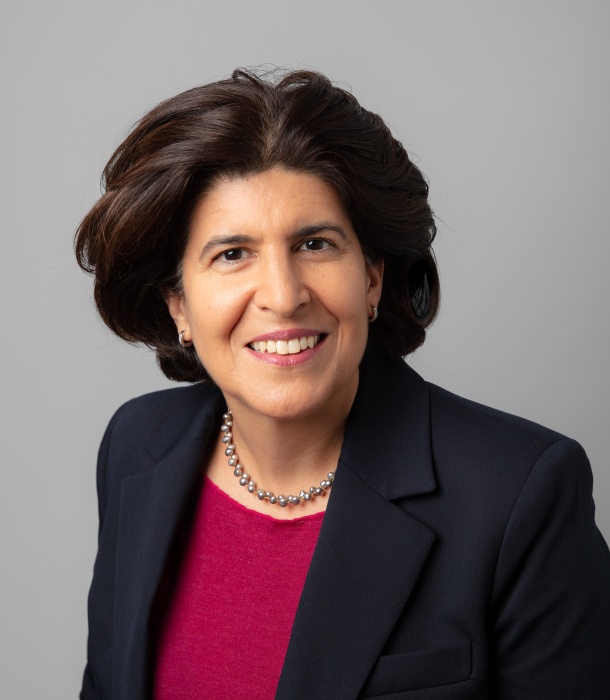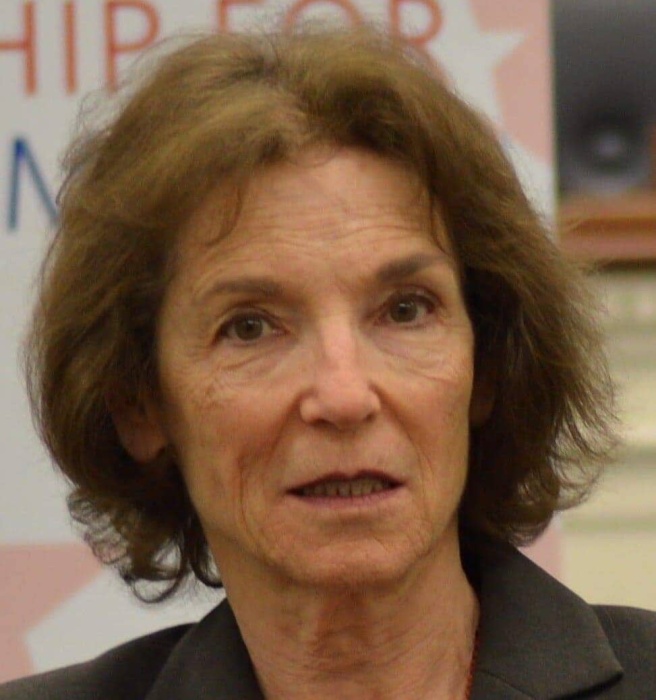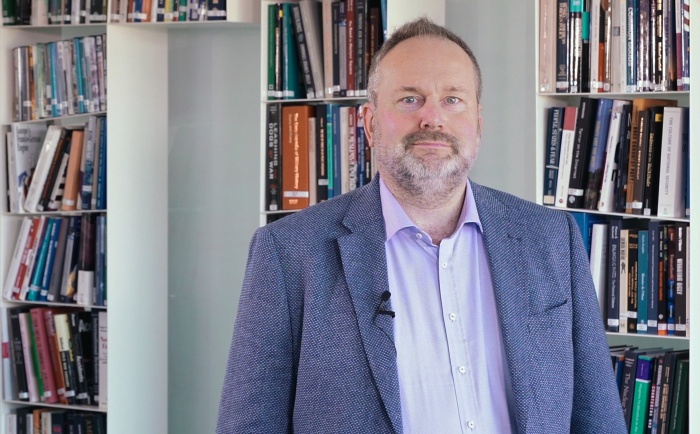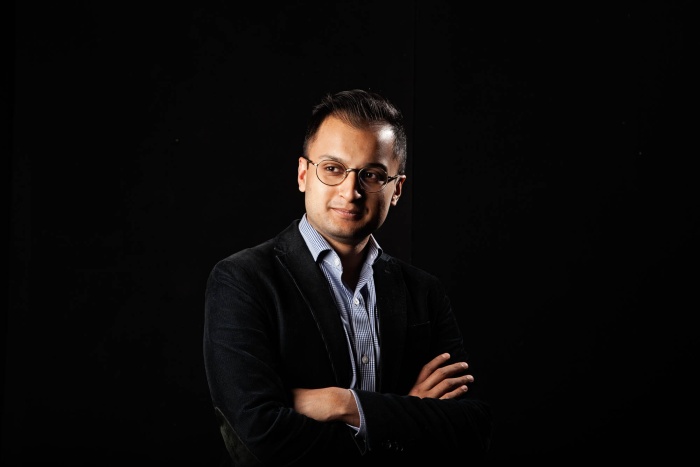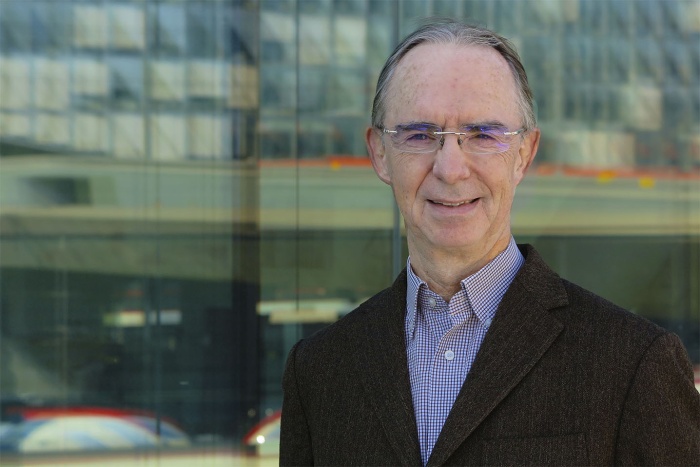Arms Control and Disarmament
Geneva has been a centre for Arms Control and Disarmament negotiations for over a century. Understanding how these processes can contribute to the maintenance of international peace and security remains as vital today as ever.
The Arms Control and Disarmament Cluster provides expertise on the inter-governmental processes related to the arms trade; the control of biological, conventional and nuclear weapons; the regulation of emerging technology in the military domain; and space security. It does this through organising executive courses, events, and customised workshops; publishing commentaries and policy advice; and supporting dialogue processes.
We promote innovative, cooperative and rules-based responses to arms proliferation and the unprecedented challenges to the traditional arms control regimes. We promote a better understanding of how the disarmament machinery can be used to improve the complicated international security environment.
We respond to the demand for knowledge on current geopolitical, technological, and legal developments, as well as for advice, education, and dialogue from and among key stakeholders.
We develop partnerships with, and have a high visibility among, key stakeholders (government representatives, both in Geneva and in capitals, civil society organisations, academia and think tanks) to promote cross-institutional and multi-stakeholder approaches.
We publish regular policy analysis and advice on current and potential developments in the fields of arms control and disarmament, including such topics as artificial intelligence, bio security, nuclear disarmament, and space security.
In our executive education courses, customised workshops, and events, we offer a neutral and inclusive platform where all points of view can be shared freely. Our training courses offer a chance to learn from experts who have been in arms control and disarmament negotiations and to test knowledge through case studies and scenarios.

